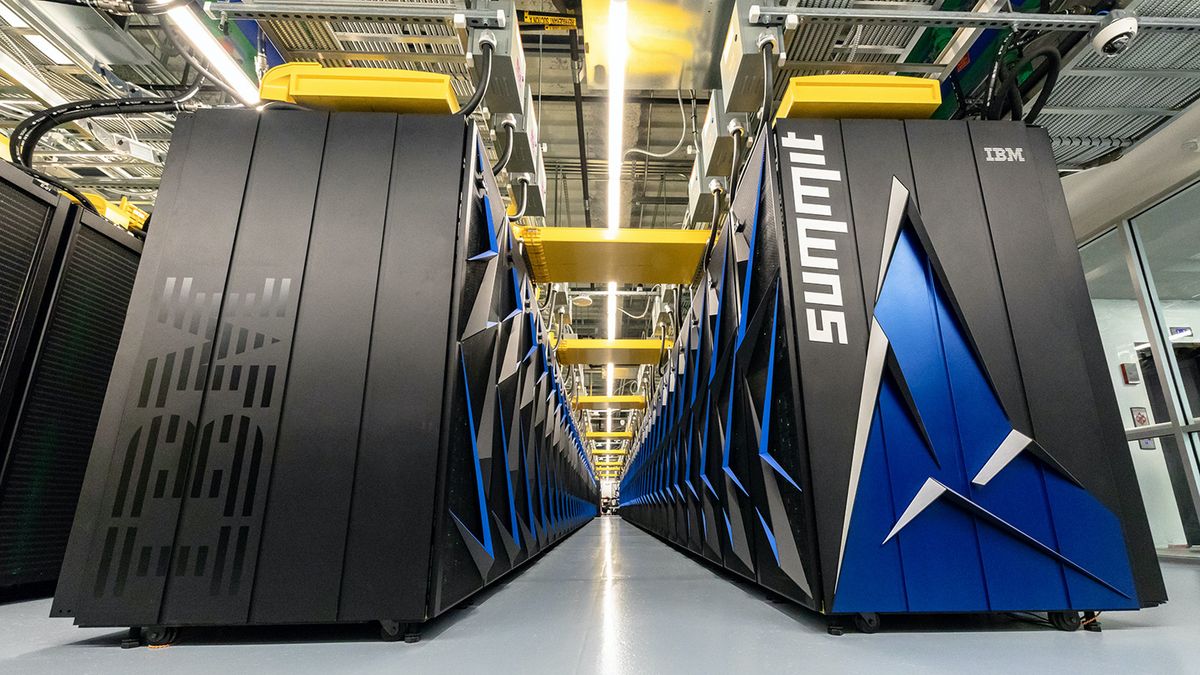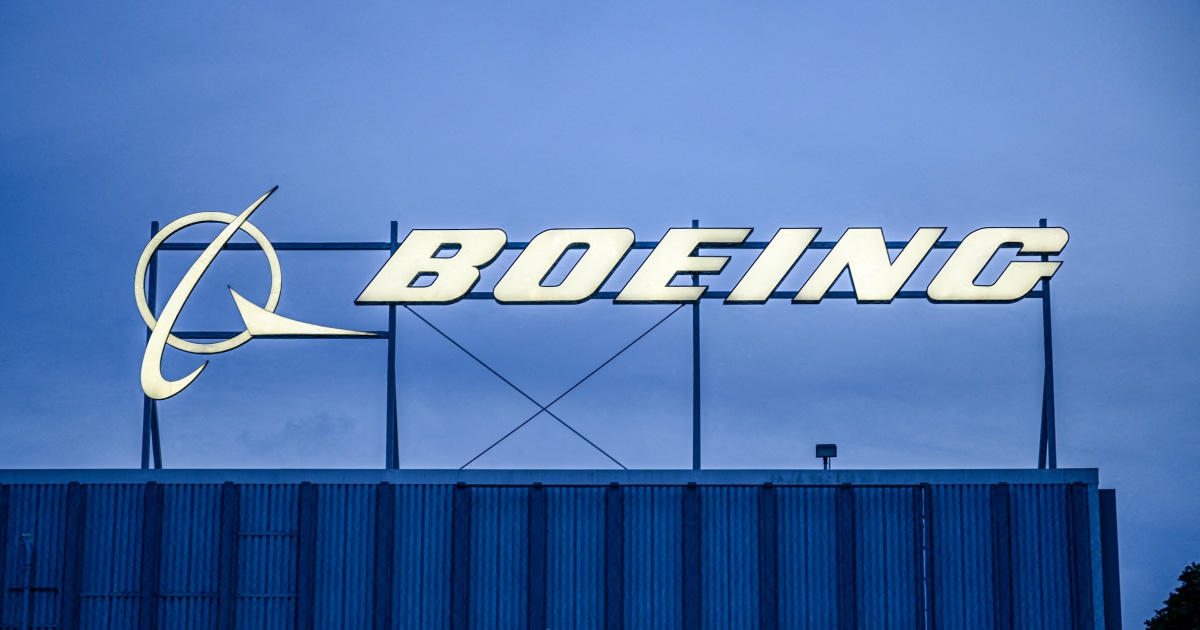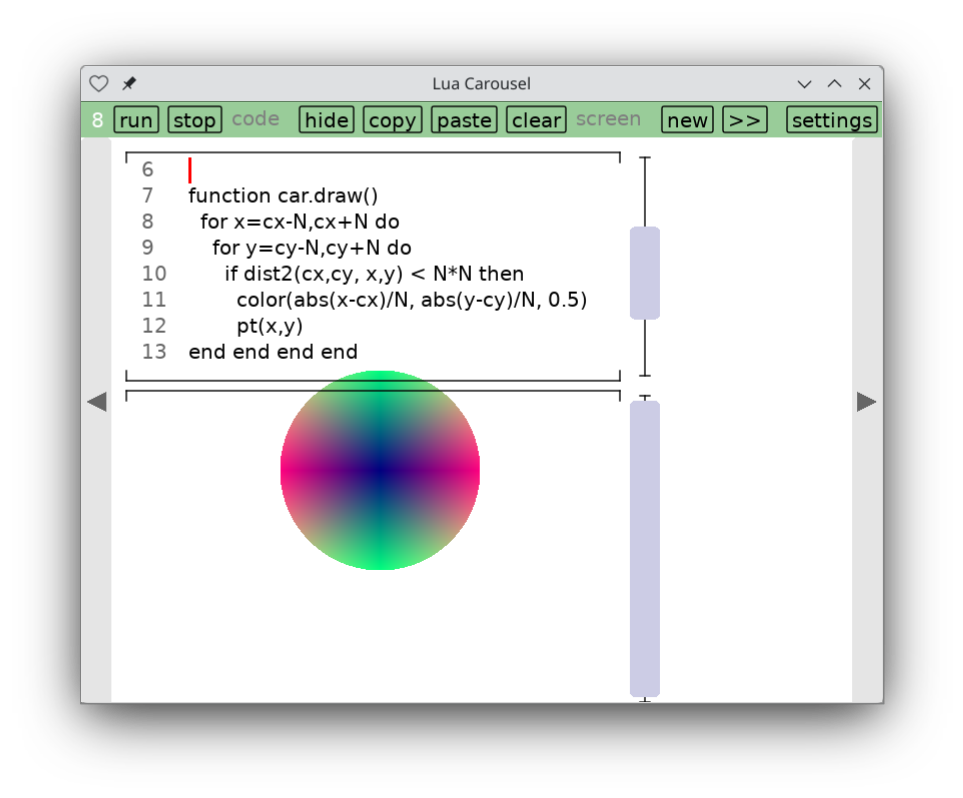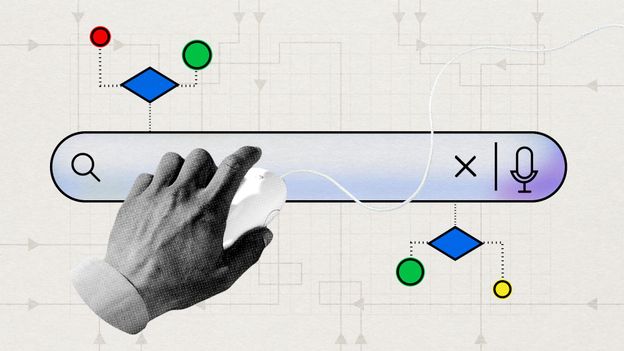
Countries seeking to gain an edge in AI should pay close attention to India’s whole-of-society approach
The development of artificial intelligence (AI) in the United States has followed a familiar trajectory: innovation followed by concentration. Over the last few years, a small handful of companies have rapidly consolidated control of the industry, to the point that the progress of a handful of companies has become effectively synonymous with the health of AI nationally.
While the U.S. undoubtedly has a significant lead in AI thanks to its Big Tech champions, the potential downsides of this approach have been apparent for some time. A 2021 report from the National Security Commission on Artificial Intelligence (NSCAI), presided over by ex-Google CEO Eric Schmidt, noted that “the development of AI in the United States is concentrated in fewer organizations in fewer geographic regions pursuing future research pathways,” and suggested this lack of competition could harm U.S. competitiveness.
In the years since, some steps have been taken to remedy this situation, notably the CREATE AI Act (which, tellingly, has still not received Congressional approval). But nothing has fundamentally changed. The question then arises: What would a more robust public-private partnership in the AI space look like? As it turns out, lawmakers in the U.S.—and around the world—can learn more than a thing or two on this front from what is currently happening in India.






















.png)


